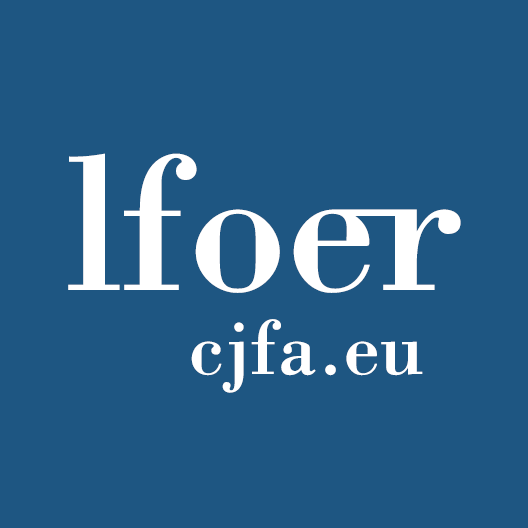Controlling the State in the Digital Era
Edited by Philippe Cossalter et Pierre Tifine
Scientific Committee: Jean-Bernard Auby, Nadja Braun Binder, Dominique Custos, Angelo Giuseppe Orofino, Elena d’Orlando, Diana-Urania Galetta, Isaac Martin Delgado, Nikolaus Marsch, Gabriella Racca, Hicham Rassafi-Guibal, Aleksandr Stepanov
About the project
The scientific directors wish to publish a book entitled “Controlling the State in the Digital Era”.
The publication of the book is planned for autumn 2022, in English and incidentally in French.
Two days of seminars are planned for 23 and 24 June 2022 at the University of Lorraine (Metz), as part of the 3rd Printemps Droit et Numérique.
These days will allow for the discussion of the articles submitted for publication, in English and French. The articles will have been submitted three weeks before the event for collective reading.
* * *
The aim of the project is to raise the question of control over the State in its relationship with the digital world. It is a matter of questioning the control of what the State does with digital tools, but also the use of digital tools to control the State.
Controlling the State’s use of digital tools
With regard to the State’s use of digital tools, the dematerialisation of the means and objects of public action raises the question of the methods of control, while the traditional means of judicial control have changed little. The two standard tools of judicial review, legality and liability, are configured to apprehend realities that do not include the particular element of complexity resulting from dematerialisation. The administrative laws of the Member States of the European Union and beyond are gradually adapting to the new methods of State intervention imposed and made possible by contemporary tools: incentives and recommendations, nudge management, good practice guides. However, reflection on the mechanisms, and not simply the forms or results of this action, is still in its infancy.
This observation is true for the control of the legality of administrative acts, even if the level of understanding of this issue varies greatly from one country to another. It is even more so with regard to administrative responsibility. Doctrine has already reflected in depth on the liability linked to software creation and autonomous systems. But it has not yet fully addressed the liability of the administration. One of the questions that may be asked is whether administrative liability is specific or whether the principles of liability applicable to the private sector may also apply to the administration. For the time being, the answer seems to be quite clear-cut as far as French law is concerned, which is based on jurisdictional dualism. It will probably be more nuanced in legal systems that do not have an administrative liability regime.
The protection of privacy and the protection of personal data is part of the issue of judicial review of the administration, but it can be treated independently. The protection of privacy obviously refers to the question of “security interceptions” which the security services can use with regard to the electronic communications of individuals, but it now extends to video surveillance, facial recognition and all forms of collective and individual surveillance of the population. In democratic systems, judicial and citizen control over these intrusions is not always optimal.
Digital tools as a mean of control over the State
The demand for transparency in public action has increased with dematerialisation. Web 1.0 has strengthened the demand for accessibility and transparency of public action.
Even beyond this one-way dissemination of final information, the black box of administrative action has opened up thanks to the materialisation of certain decision-making processes by digital tools. Paradoxically, digitalisation has given substance to previously imperceptible processes: it has materialised administrative action. This is particularly striking in the case of procedures such as the “parcours sup”, which have brought to light procedures that were previously subject to the discretionary power of the administration.
The use of digital technology also opens up new possibilities for “internal control”, particularly in the field of public finance and the use of public funds. The fight against corruption is thus renewed.
